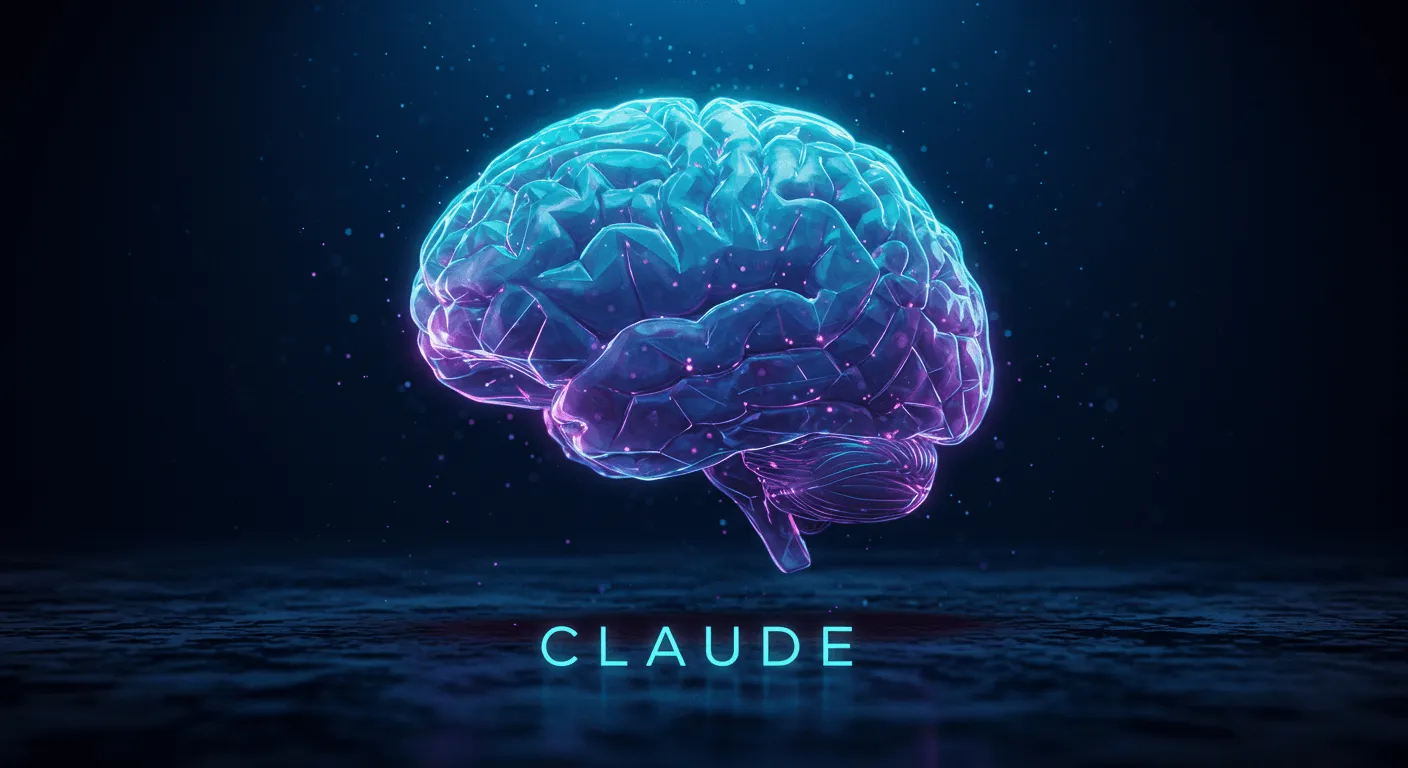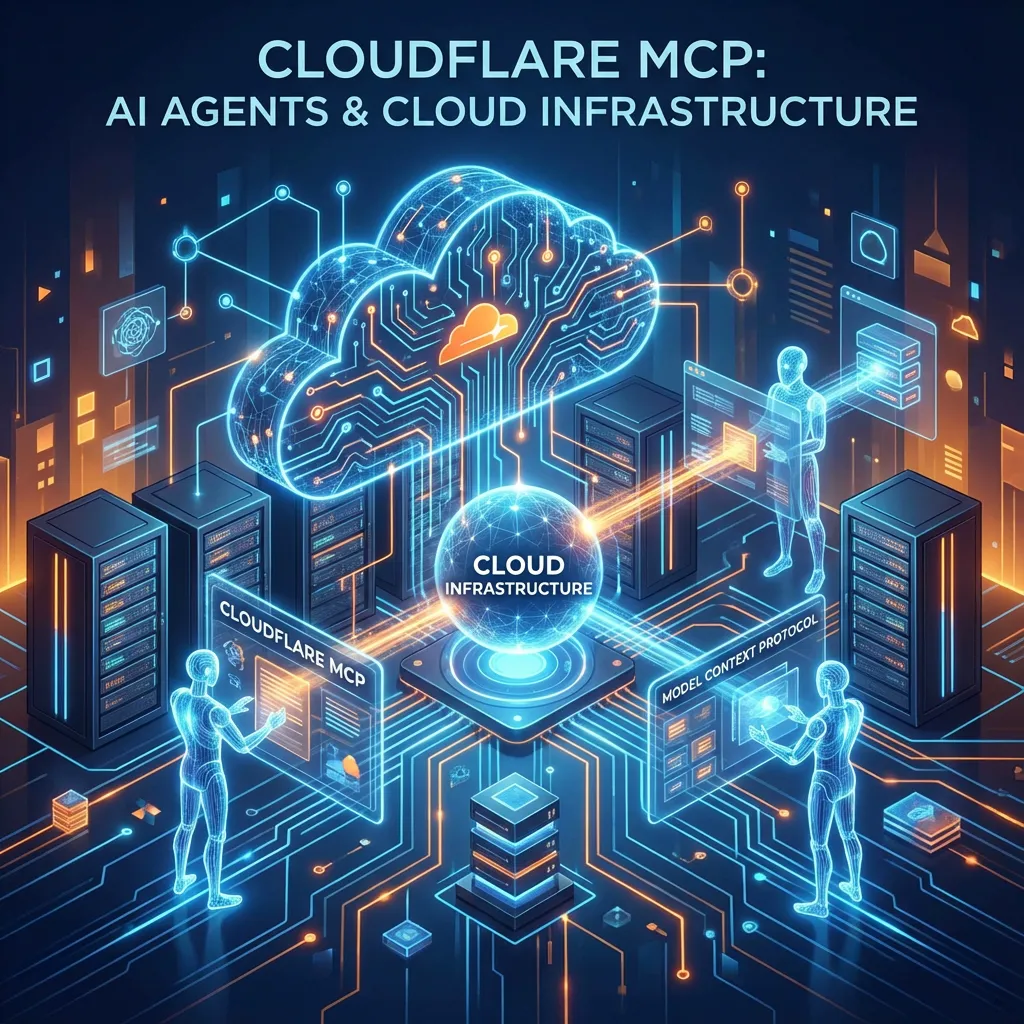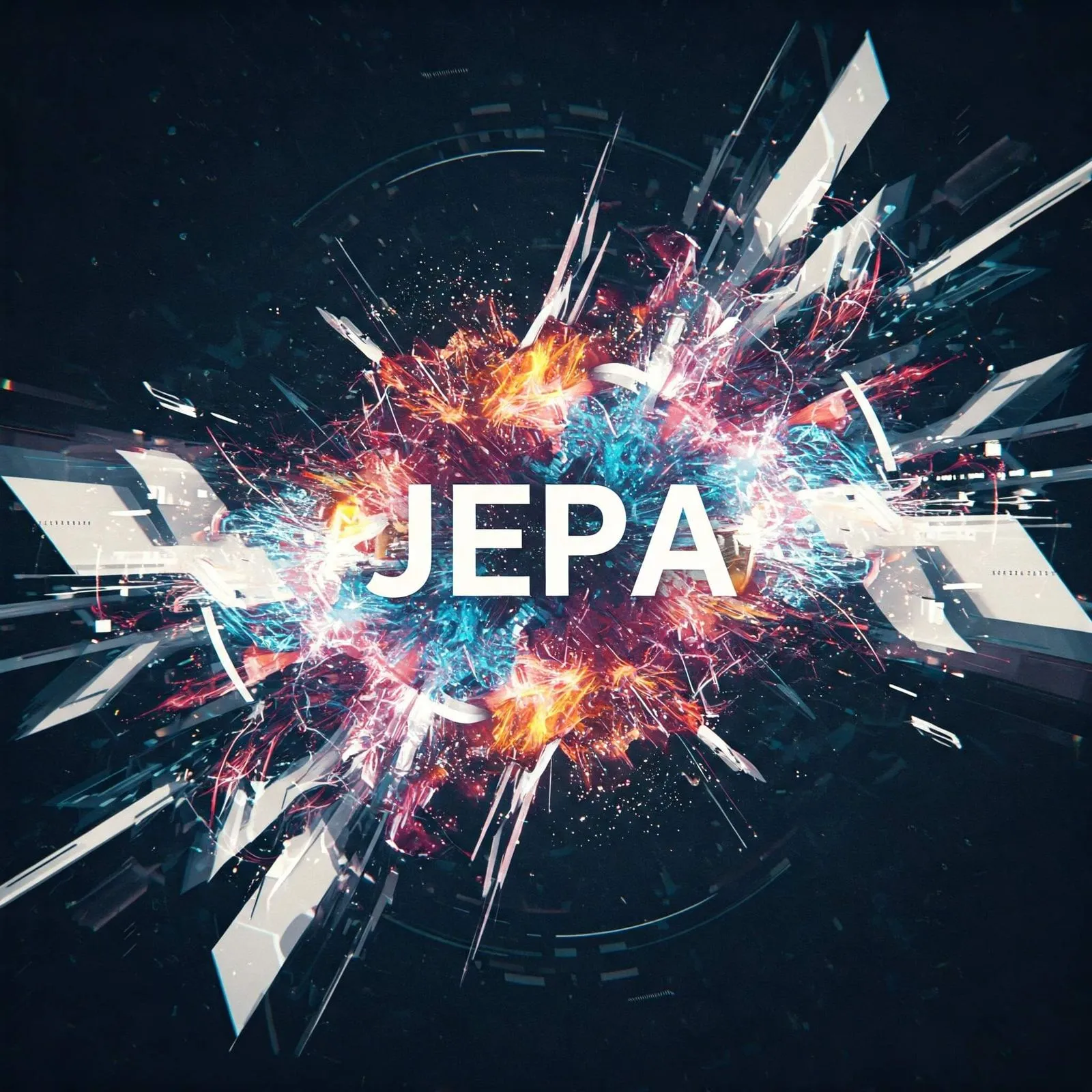Claude's Model Context Protocol Explained

Transforming AI Development Through Standardized Context Management
Anthropic, the AI safety and research company behind the increasingly sophisticated Claude family of large language models (LLMs), has unveiled the groundbreaking Model Context Protocol (MCP). This open-source initiative represents a pivotal advancement in AI development, establishing a universal standard for how LLMs process and communicate context information, fundamentally transforming how developers interact with these powerful systems.
The Model Context Protocol addresses a critical challenge in today’s AI ecosystem: the lack of standardization in context handling across different LLM platforms. As enterprises increasingly integrate multiple AI models into their workflows, the inconsistent handling of context windows—the information an LLM can process at any given time—creates significant barriers to interoperability, debugging, and performance optimization.
Key Benefits of the Model Context Protocol
The Model Context Protocol introduces a comprehensive framework for defining, managing, and exchanging context information between AI systems. By establishing clear specifications and standardized methods, MCP delivers four transformative benefits for enterprise AI development:
1. Seamless Cross-Platform Interoperability
MCP creates a universal language for context management, enabling organizations to build AI applications that work consistently across multiple LLM providers. This platform-agnostic approach eliminates the need to rewrite code when switching between models like Claude, GPT, or other enterprise AI systems. For businesses leveraging specialized models for different tasks, MCP dramatically simplifies integration and reduces development complexity.
2. Enhanced Transparency and Debugging Capabilities
With MCP, developers gain unprecedented visibility into how LLMs process and utilize context. The protocol enables precise inspection and manipulation of the context window, transforming previously opaque AI systems into more transparent tools. This visibility is crucial for enterprise applications where reliability and auditability are essential, allowing teams to quickly identify the source of errors and optimize performance.
3. Granular Control for Domain-Specific Applications
MCP empowers developers to exercise fine-grained control over context management, enabling the creation of highly specialized AI applications. For instance, financial services companies can ensure their AI systems consistently reference relevant regulations, while healthcare applications can maintain awareness of critical patient information. This level of control is essential for developing AI solutions that meet the specific requirements of regulated industries.
4. Accelerated Innovation Through Open Standards
By releasing MCP as an open-source initiative, Anthropic has created a foundation for community-driven innovation. The protocol invites collaboration from researchers, developers, and organizations across the AI ecosystem, fostering the development of shared tools, libraries, and best practices. This collaborative approach accelerates the maturation of AI technologies while ensuring broad compatibility across the industry.
Technical Architecture of the Model Context Protocol
At its core, MCP introduces a sophisticated technical framework that transforms how context is structured, prioritized, and managed within AI systems:
Structured Context Representation
MCP defines a comprehensive format for representing context that goes beyond simple text. Each context element includes rich metadata about its source, relevance, timestamp, and relationships to other information. This structured approach enables LLMs to make more informed decisions about how to prioritize and utilize different pieces of information.
Context Units and Granular Management
The protocol introduces the concept of “context units”—discrete, manageable pieces of information that can be individually tracked, updated, or removed. This granular approach gives developers precise control over what information is available to the model at any given time, enabling more predictable and consistent AI behavior across different scenarios.
Dynamic Context Prioritization
MCP includes mechanisms for dynamically managing context relevance, ensuring that the most important information remains accessible even as the context window fills. This intelligent prioritization helps overcome the limitations of fixed-size context windows, maximizing the effective use of available context space.
Enterprise Impact and Future Implications
The introduction of MCP represents a significant milestone in the maturation of enterprise AI. As organizations increasingly rely on multiple AI systems working in concert, the need for standardized context management becomes critical.
Democratizing Advanced AI Capabilities
By simplifying the complexities of context management, MCP lowers the technical barriers to building sophisticated AI applications. This democratization enables a broader range of organizations—from startups to established enterprises—to leverage advanced AI capabilities without requiring specialized expertise in each model’s proprietary systems.
Enabling Specialized Industry Solutions
The granular control offered by MCP accelerates the development of domain-specific AI applications that can maintain awareness of industry regulations, specialized terminology, and complex business processes. This specialization is particularly valuable in sectors like healthcare, finance, legal services, and manufacturing, where context-aware AI can deliver transformative business value.
Advancing Responsible AI Development
The transparency enabled by MCP supports responsible AI development by making it easier to understand, audit, and explain AI behavior. This visibility is increasingly important as organizations face growing regulatory requirements and stakeholder expectations around AI governance and ethics.
As enterprise adoption of MCP grows, we anticipate a new ecosystem of tools, frameworks, and best practices emerging around this open standard. Anthropic’s initiative represents a significant step toward a more interoperable, transparent, and accessible AI landscape—one where organizations can confidently build sophisticated AI applications that work seamlessly across multiple platforms.


